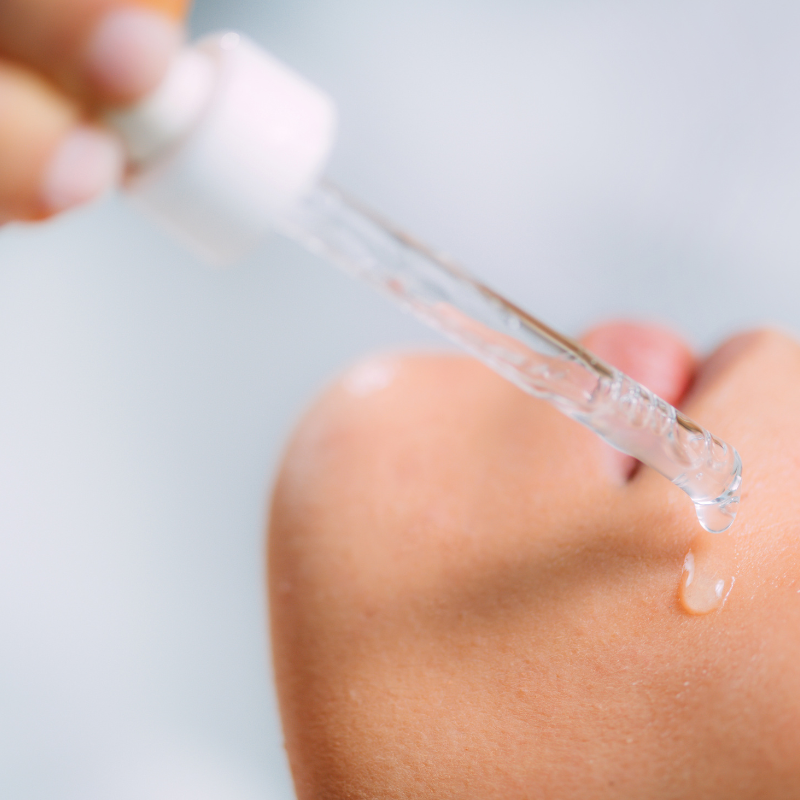1. Oily Skin Doesn’t Need Moisturizing
Many people believe that oily skin naturally has enough moisture and doesn’t require additional hydration. In reality, when the skin lacks moisture, the sebaceous glands produce more oil to compensate, making the skin even greasier. Using a lightweight, non-comedogenic moisturizer helps balance hydration and control excess oil.'

2. Drinking Plenty of Water Is Enough to Keep Skin Hydrated
Staying hydrated by drinking water is essential for overall health, but it’s not enough to maintain skin moisture. The outer layer of the skin needs hydrating ingredients like Hyaluronic Acid, Glycerin, and Ceramides to retain moisture and strengthen the skin barrier. Without the right moisturizer, your skin can still become dry and dehydrated.
3. Moisturizing Is Only Necessary in Winter
Many people only use moisturizers during winter to prevent dryness and skip them in the summer, fearing greasy skin. However, moisturizing is essential year-round. The key is choosing the right formulation—gel-based or lightweight lotions work best for warmer months, keeping the skin hydrated without feeling heavy.
4. Applying More Moisturizer Increases Hydration
Using too much moisturizer won’t enhance hydration. Instead, it can clog pores, especially for those with oily or acne-prone skin. The best approach is to use the right product and apply an appropriate amount so that the skin absorbs it effectively.
5. Serum Can Replace Moisturizer
Serums contain concentrated active ingredients but cannot fully replace a moisturizer. While serums address specific skin concerns, they don’t provide enough hydration to seal in moisture. A good moisturizer helps lock in the serum’s benefits and maintains skin hydration.

6. Moisturizers with SPF Can Replace Sunscreen
Some believe that a moisturizer with SPF is sufficient sun protection. However, the SPF in most moisturizers is not strong enough to shield against UV rays throughout the day. Using a separate sunscreen remains essential for proper sun protection.
7. Sensitive Skin Should Avoid Moisturizers
Sensitive skin requires special care, but that doesn’t mean skipping moisturizers. The key is selecting the right product—one that’s fragrance-free, alcohol-free, and formulated for sensitive skin. Some moisturizers contain soothing ingredients that help protect and calm delicate skin.
8. Moisturizers Only Soften the Skin
Many assume that moisturizers simply make the skin feel softer, but they do much more. Moisturizers help maintain the skin barrier, prevent premature aging, and improve skin texture. Some formulas even include antioxidants to protect against environmental damage.

9. Moisturizing Is Less Important Than Other Skincare Steps
Moisturizing is one of the most critical steps in skincare. Even with an elaborate routine featuring serums, essences, or masks, skipping moisturizer can lead to dehydration and increased skin sensitivity. It plays a key role in maintaining healthy and resilient skin.
Moisturizing isn’t just about applying cream—it’s about understanding how to do it effectively. Avoiding these common misconceptions will help you choose the right products and achieve healthier, more radiant skin. Have you ever believed any of these myths? Share your thoughts with us!





